
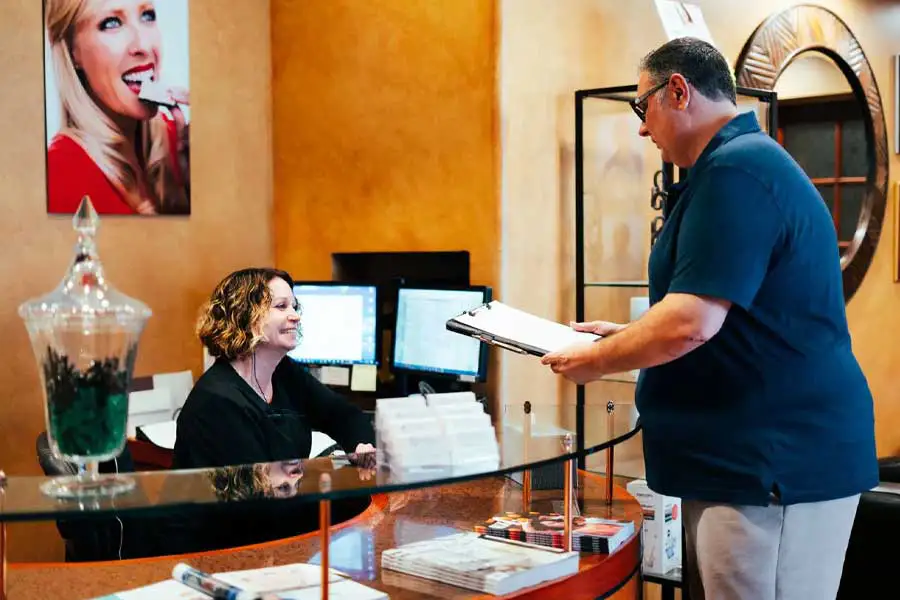 Welcometo a healthy mouth and a brilliant, GOREgeous smile at GOREgeous SmilesAt GOREgeous Smiles, we specialize in creating stunning, confidence-boosting transformations through the art and science of cosmetic dentistry. Led by Dr. Rod W. Gore, one of Arizona's most accomplished cosmetic dentists, our practice is dedicated to delivering personalized care and exceptional results. With a focus on advanced smile makeovers, we combine cutting-edge technology, innovative techniques, and meticulous attention to detail to craft beautiful, natural-looking smiles. Dr. Gore and his team are passionate about exceeding patient expectations, ensuring every visit is comfortable, and creating a positive, lasting impact on your oral health and self-confidence. At GOREgeous Smiles, we believe everyone deserves a smile that truly reflects their inner beauty. Learn How We Practice Meet Dr. Brynn Van DykeWe are pleased to announce the addition of Dr. Brynn Van Dyke to the team at GOREgeous Smiles. After much searching and thoughtful dialogue, Dr. Gore is thrilled to welcome Dr. Van Dyke to the practice! Dr. Brynn Van Dyke, DMD discovered her passion for dentistry early in life while growing up in Northern Utah. She spent nearly five years working as a dental assistant, which solidified her commitment to the profession. Dr. Van Dyke earned a Bachelor of Science in Clinical Laboratory Science from Weber State University in Ogden, Utah before completing her Doctor of Dental Medicine (DMD) at Midwestern University in Glendale, Arizona. She is proud to be the first woman in her family to pursue graduate studies. More About Dr. Brynn Van Dyke  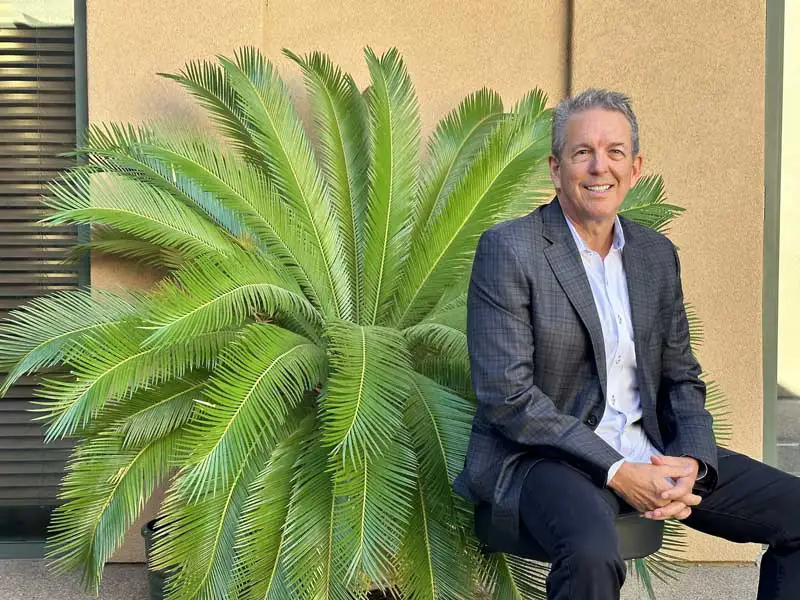 Meet Dr. GoreWelcome to GOREgeous Smiles, where artistry meets advanced cosmetic dentistry. Dr. Rod W. Gore is a highly accomplished cosmetic dentist, internationally recognized for his expertise in exquisite smile makeovers. He is one of only about 400 professionals worldwide to achieve an elite level of certification in cosmetic dentistry and one of just two dentists in Arizona to hold the prestigious title of Accredited Member of the American Academy of Cosmetic Dentistry. Patients trust Dr. Gore for his unmatched skill, attention to detail, and commitment to excellence. Combining precision, innovation, and artistry, Dr. Gore creates stunning, personalized smiles that not only transform appearances but also boost confidence and improve quality of life. At GOREgeous Smiles, your dream smile is our passion. More About Dr. Gore |
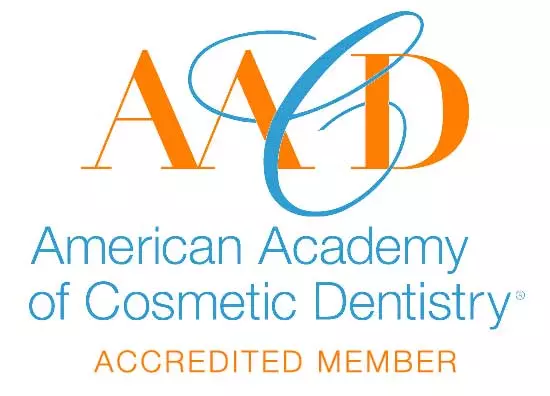
See What Our Patients Love About
|
 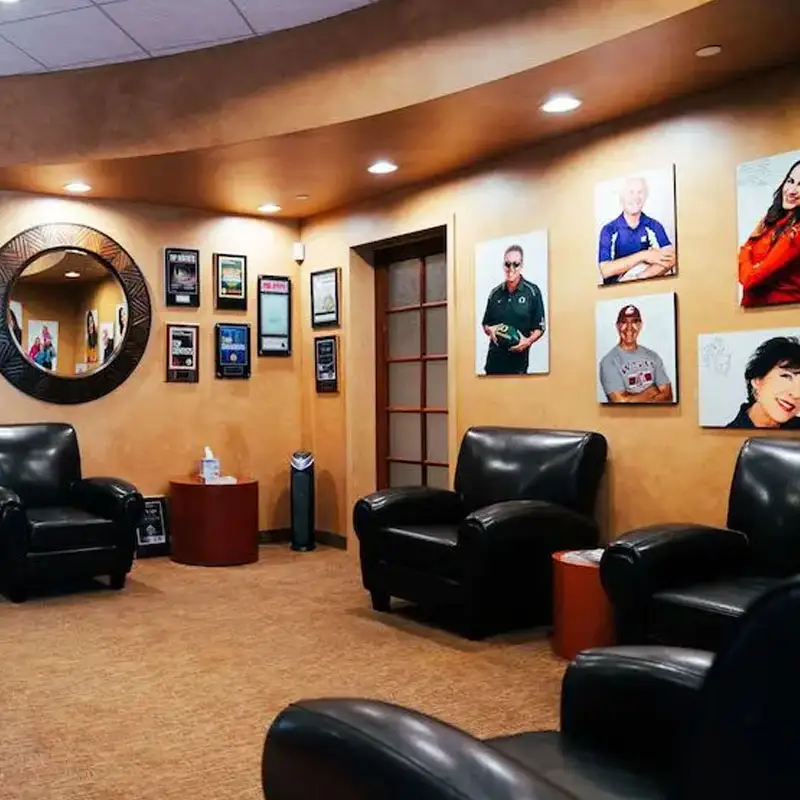  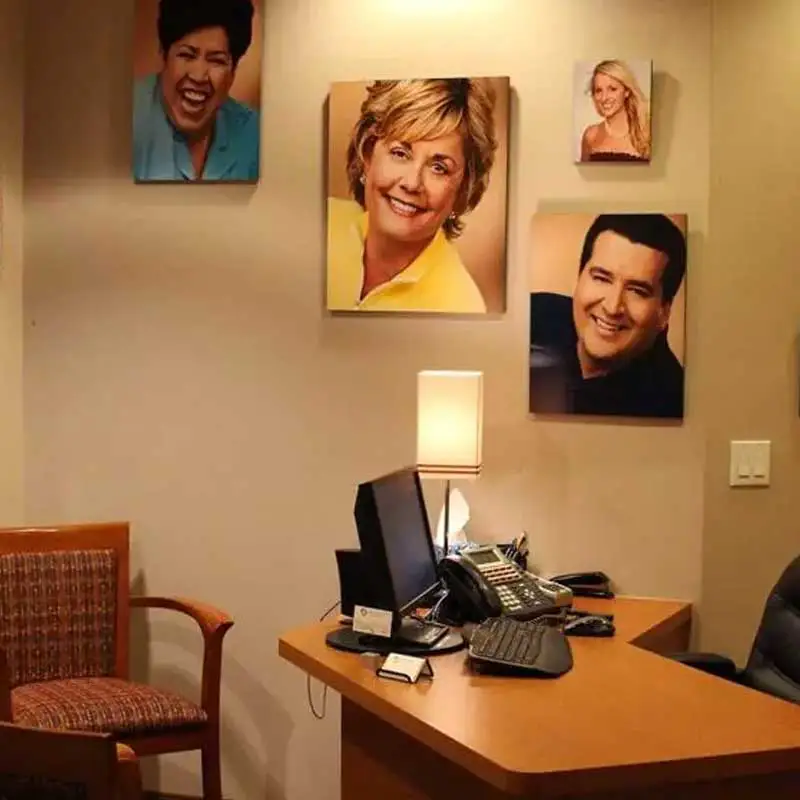 |
Smile MakeoverWe offer comprehensive dental care—from cleanings and whitening to advanced treatments like veneers, implants, SureSmile, and bonding. For a complete transformation, our personalized smile makeovers combine multiple services to enhance both the beauty and function of your smile. Learn More Same Day CrownWe use advanced CEREC technology to digitally design, create, and place your custom dental crown—all in a single visit. This same-day treatment eliminates the need for temporary crowns and multiple appointments, efficiently restoring your tooth's function, shape, and natural appearance. Learn More Dental ImplantsDental implants are a permanent solution for missing teeth, mimicking the function and appearance of natural teeth. They’re surgically placed in the jawbone, offering long-term stability, preserving bone health, and enhancing your smile’s aesthetics and function. Learn More Dental
|